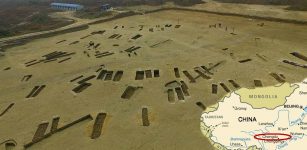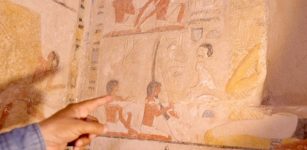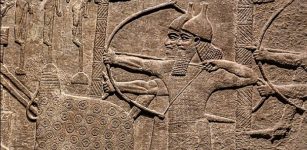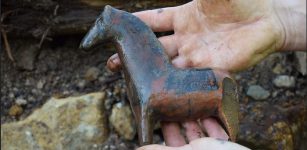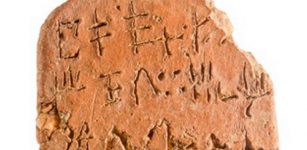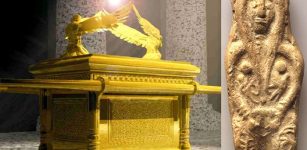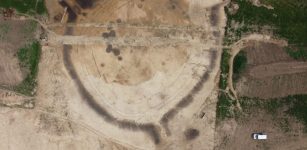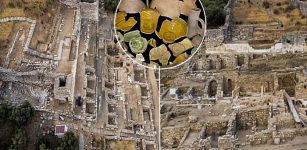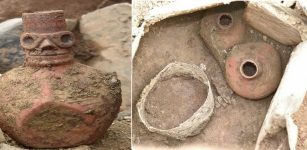Sun Disk Unearthed On 3,500-Year-Old Rock Altar In Thracian Settlement, Edirne, NW Turkey
Conny Waters - AncientPages.com - Archaeologists in northwestern Turkey discovered a sun disk on a rock altar in the ancient Thracian settlement. The Thracian rock altar, unearthed in Edirne, dates to 3,500 years ago, according to Prof. Dr. Engin Beksac, head of the art history department at Trakya University.
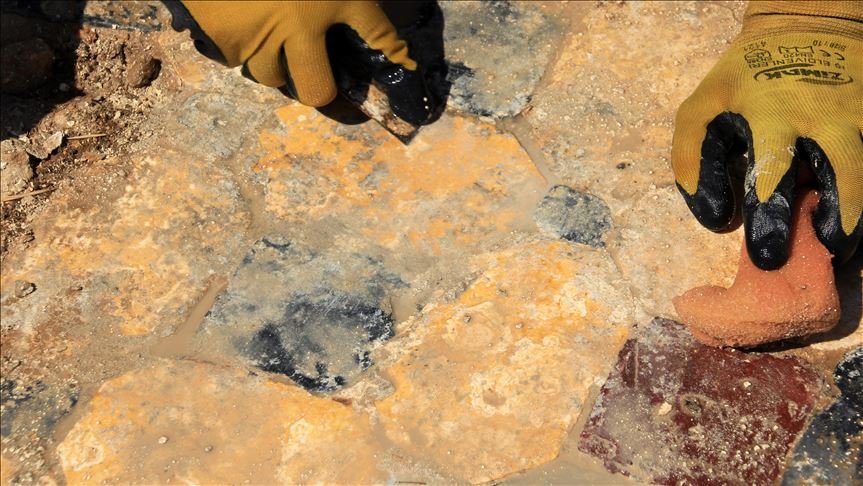 The Thracian rock altar, discovered in Edirne, dates to 3,500 years ago. Image credit Anadolu Agency
The Thracian rock altar, discovered in Edirne, dates to 3,500 years ago. Image credit Anadolu Agency
The discovered sun disk was used to observe the moon, sun movements, explained Beksac, who also told Anadolu Agency that he discovered the Edirne's rock altar several years ago and from time to time made examinations of the structure and carried out works in astronomy.
From ancient times it is known that the Thracians had the reputation for their exceptional knowledge in astronomy. According to ancient Greek sources, the Thracian astronomers knew in detail celestial objects and introduced the Greek rulers into the secrets of astronomy.
Based on archaeoastronomical research it is known that the Thracian rock-cut sanctuaries were cult centers located high above settlements and in the vicinity of springs. Their locations were convenient for observing the horizon and celestial phenomena.
They were ancient solar observatories devoted to cults of the Sun and the Great Mother Goddess Cybele, which was also confirmed by Engin Beksac who examined the rock altar in Edirne, in which the Thracians performed religious rituals and wanted to get closer to the goddess.
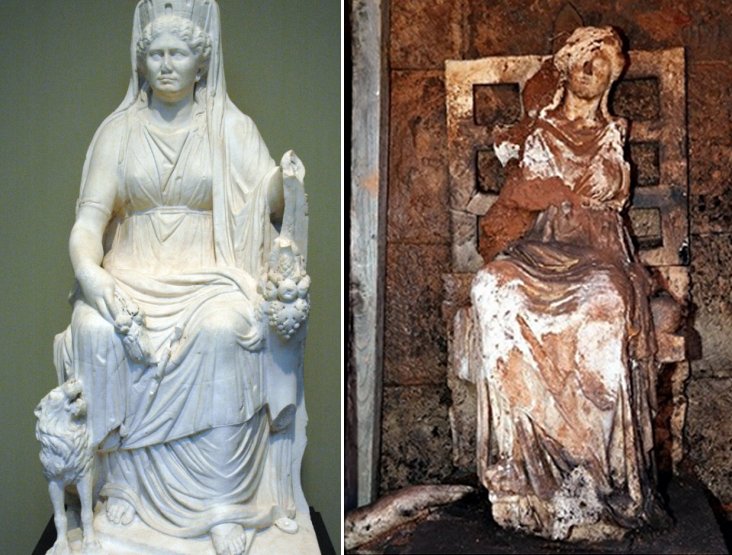
Left: Cybele - an Anatolian mother goddess, the only deity of Phrygia, a kingdom in the west-central part of Anatolia, in what is now Asian Turkey; Right: About 2,100-year-old rare marble statue of Cybele, the mother goddess of Anatolia - unearthed in excavations in northern Ordu province located on the Black Sea coast. Credit: Wikipedia/Daily Sabah
“The rock altar is a type of temple that hosts rituals and prayers held on anniversaries and specific times," Beksac explained.
The ancient city of Edirne was founded by the Roman emperor Hadrian (117 – 138) on the site of a previous ancient Thracian settlement and is located in the northwestern Turkish province of Edirne in the region of East Thrace, close to Turkey's borders with Greece and Bulgaria.
Hadrian developed Edirne city and changed its name to Hadrianopolis, (in English: Adrianople), later known as the historical place of the battle that was fought between an Eastern Roman army led by Emperor Valens and Gothic rebels in 378 AD.
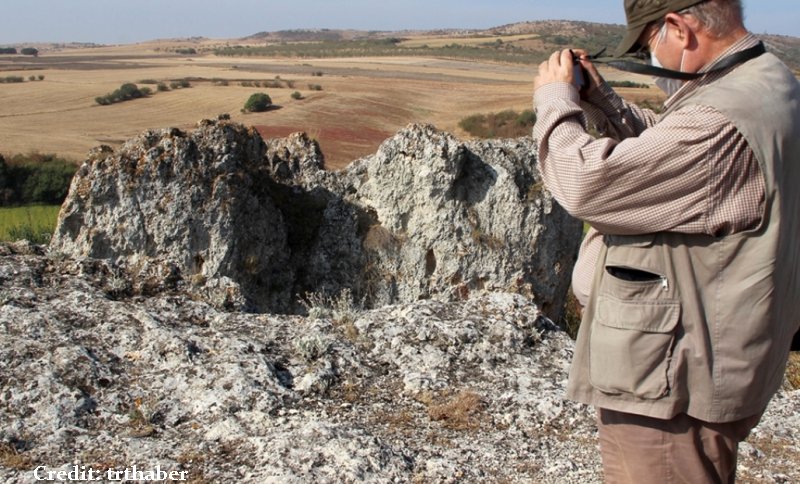 The rock altars are located in high places and on the banks of rivers, Beksaç said.
The rock altars are located in high places and on the banks of rivers, Beksaç said.
The area around Edirne has been the site of numerous battles and sieges, from the times of the Roman Empire, but archaeological excavations did not reveal many examples of sun disks in the region of Edirne and in Eastern Thrace.
The discovered sun disk is undoubtedly important for better astronomical understanding data of this historical and cultural period.
See also: More Archaeology News
Nevertheless, "we see more examples of this kind of sun disks in Bulgaria. These systems show that temples were used in astronomical observations.”
Written by Conny Waters - AncientPages.com Staff Writer

